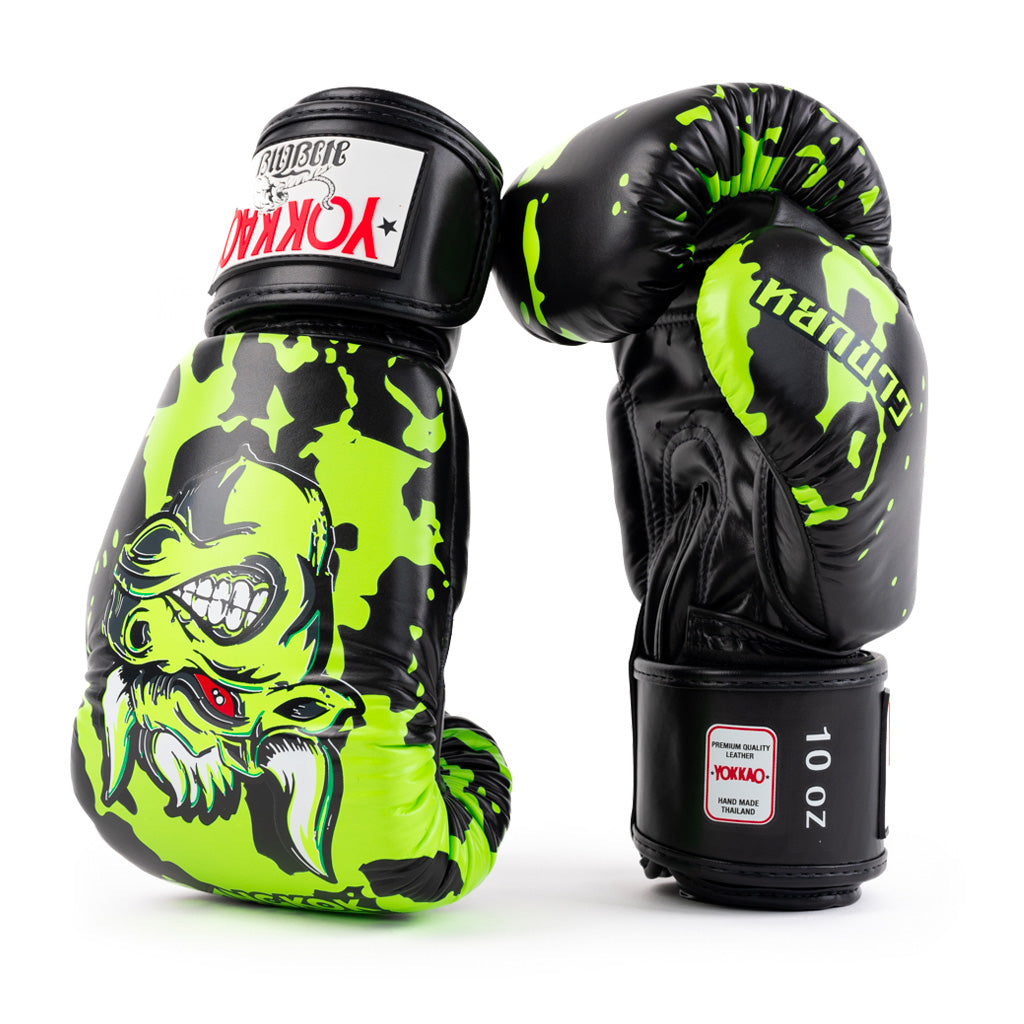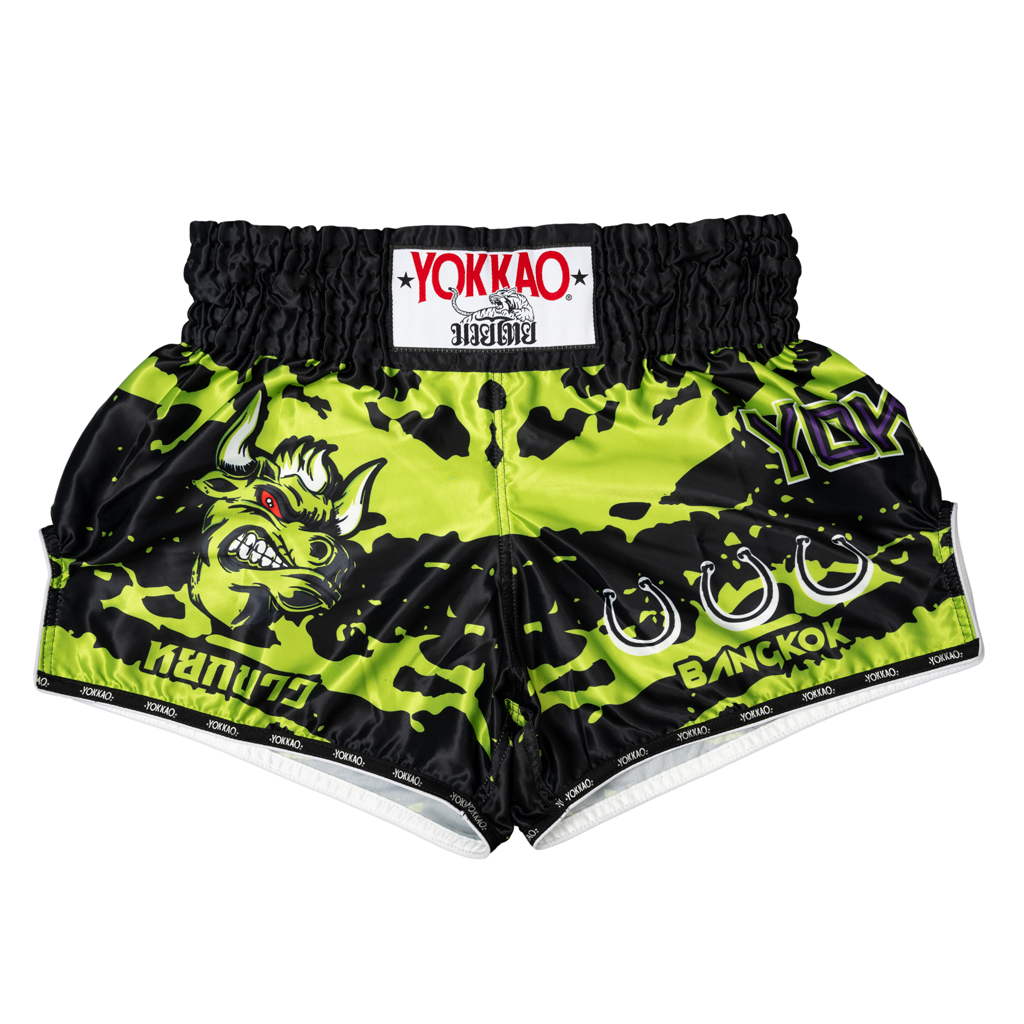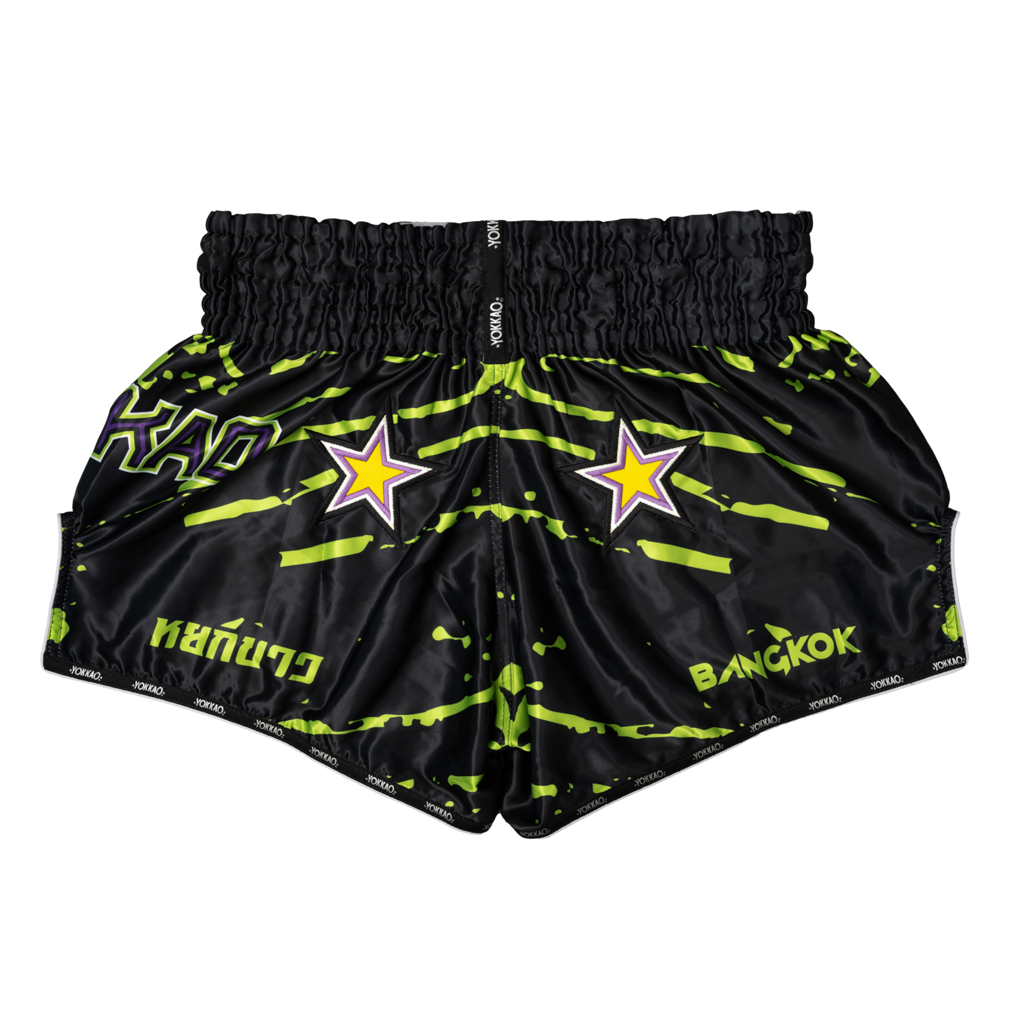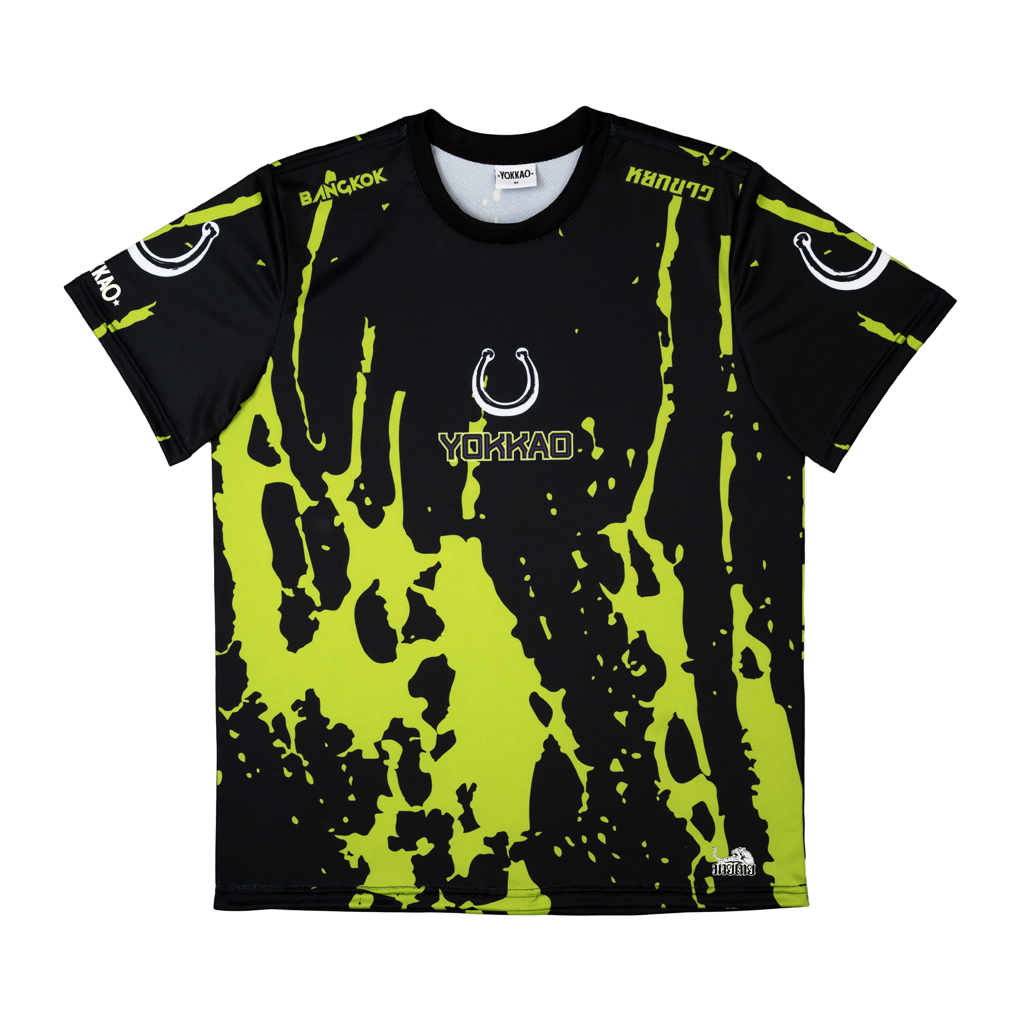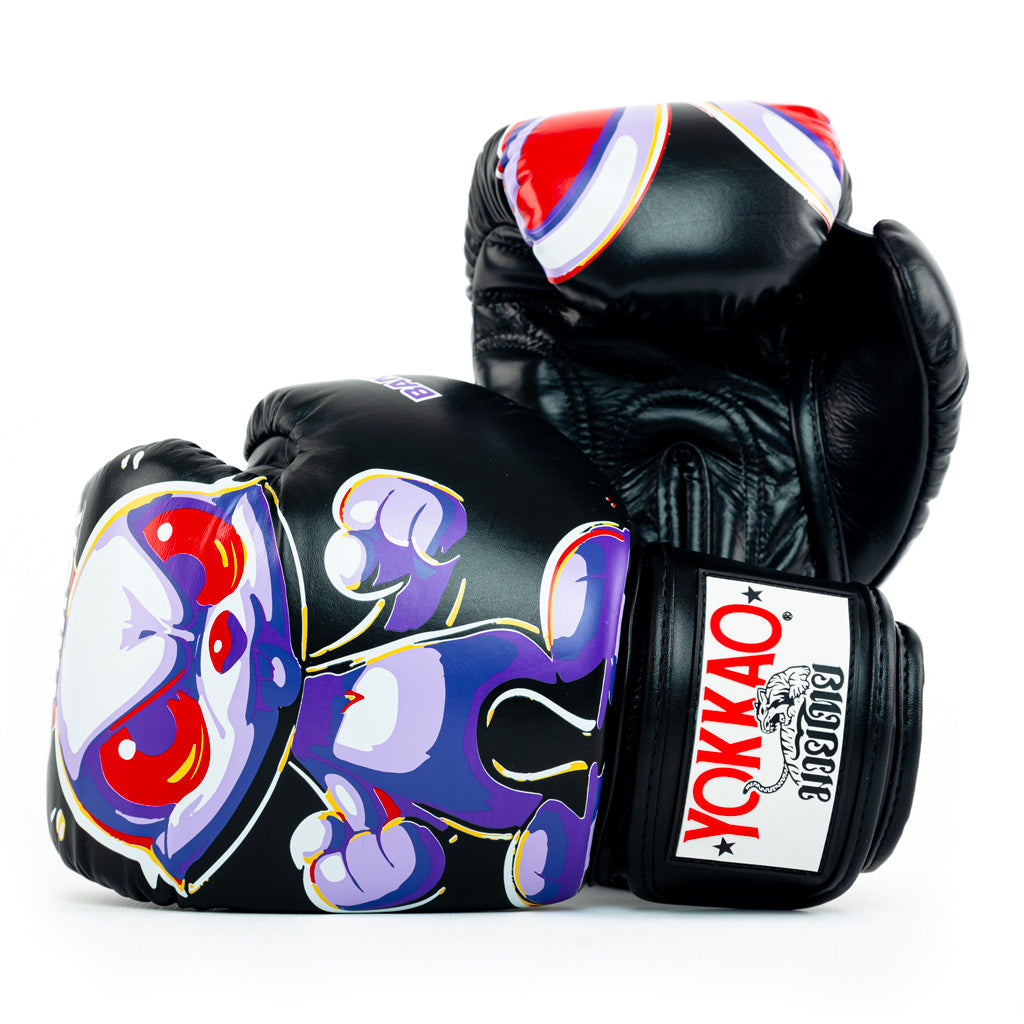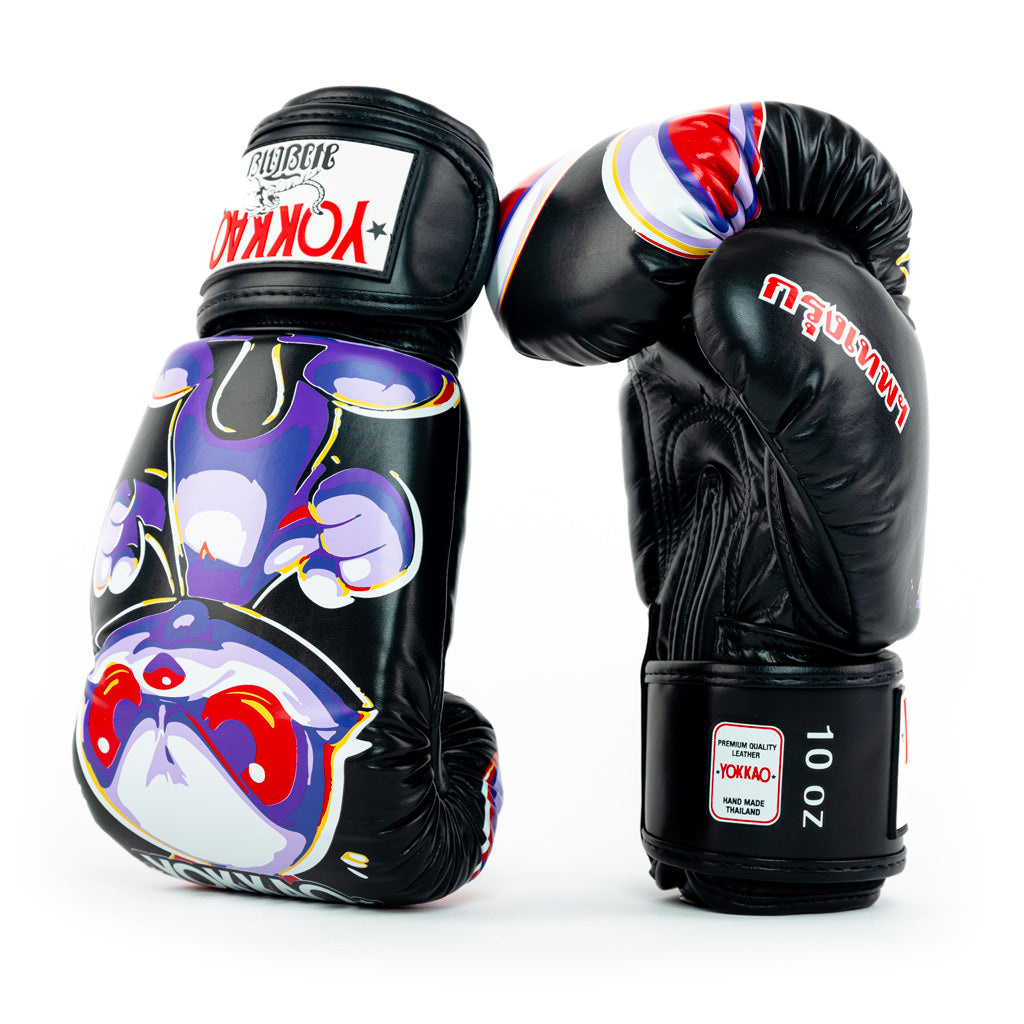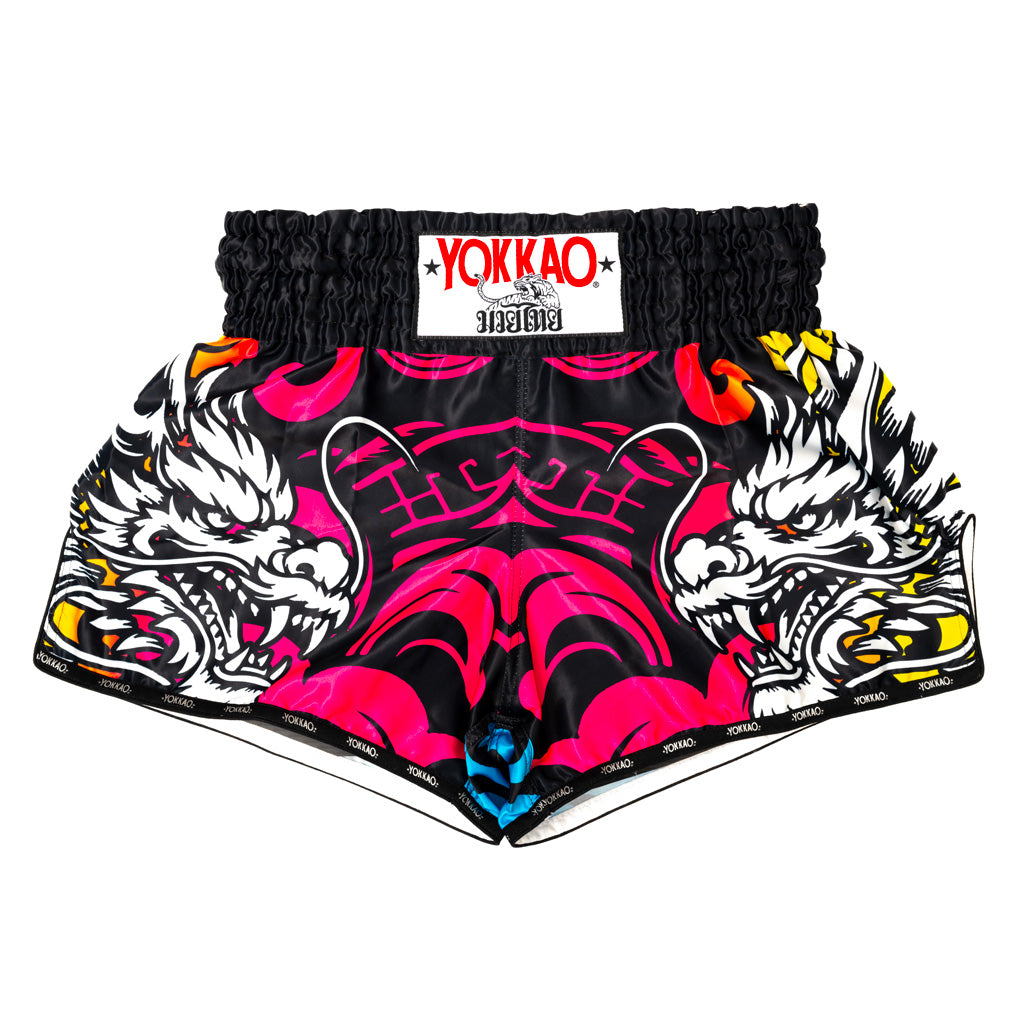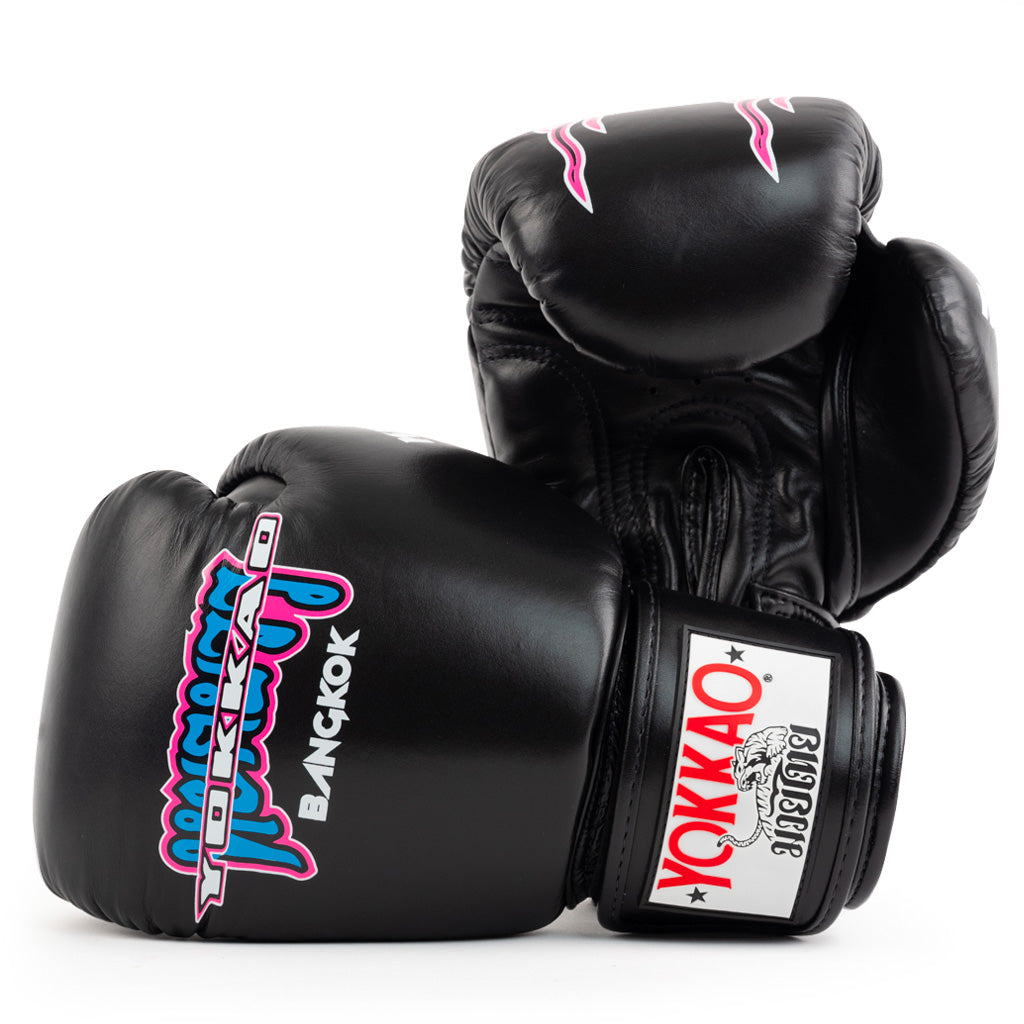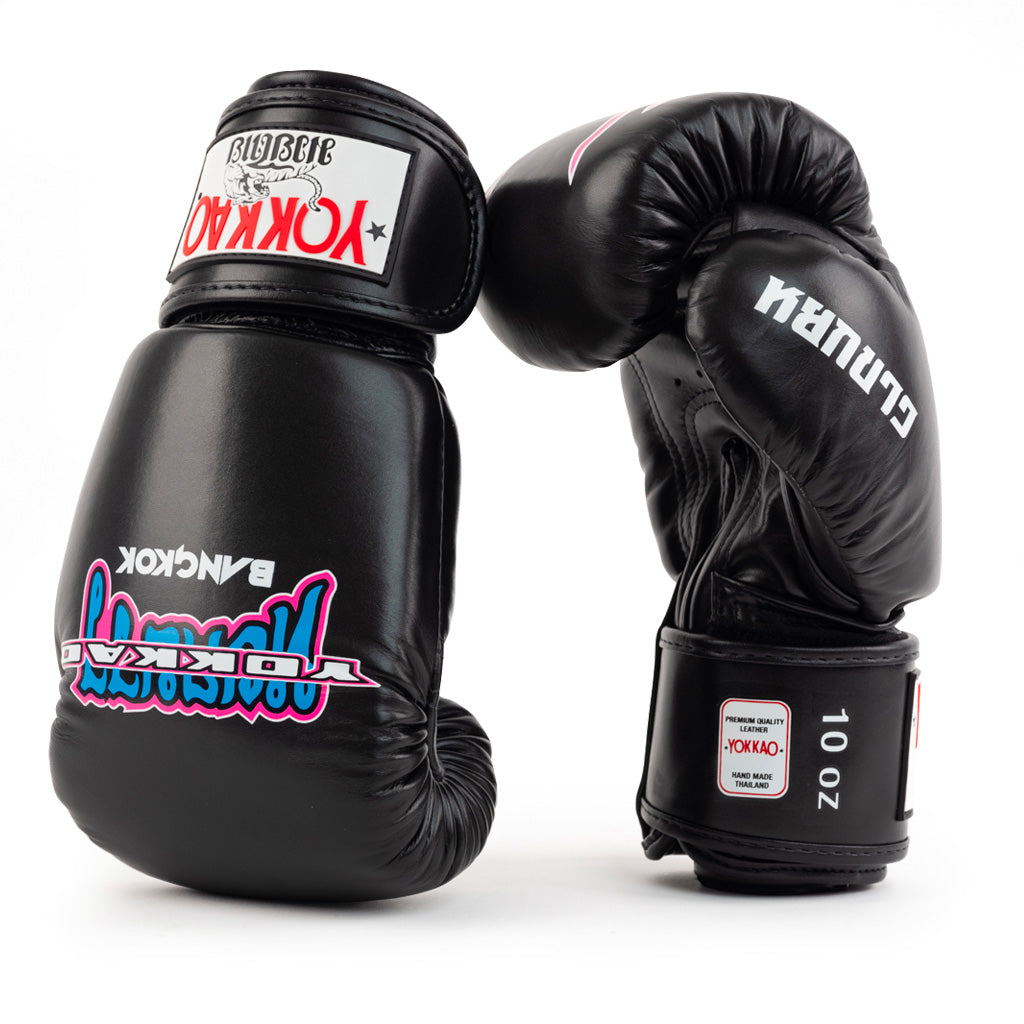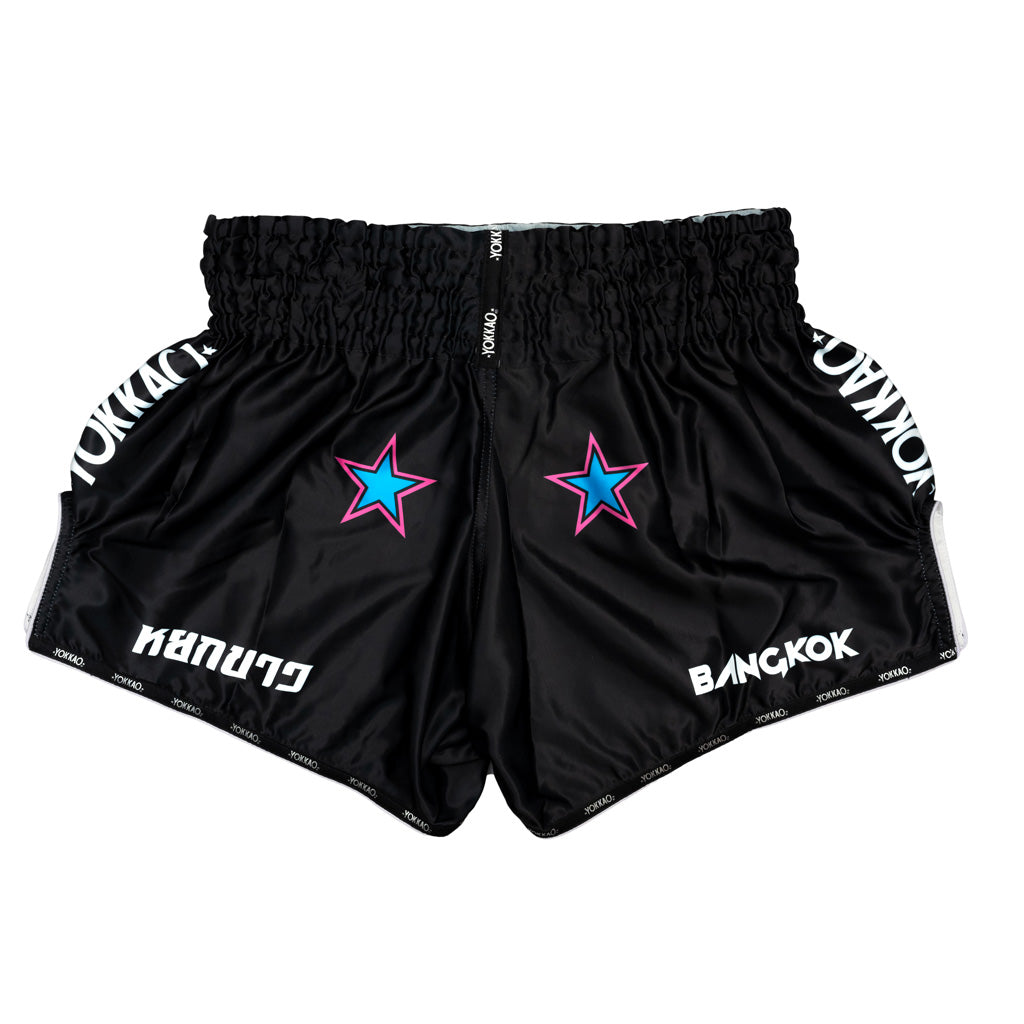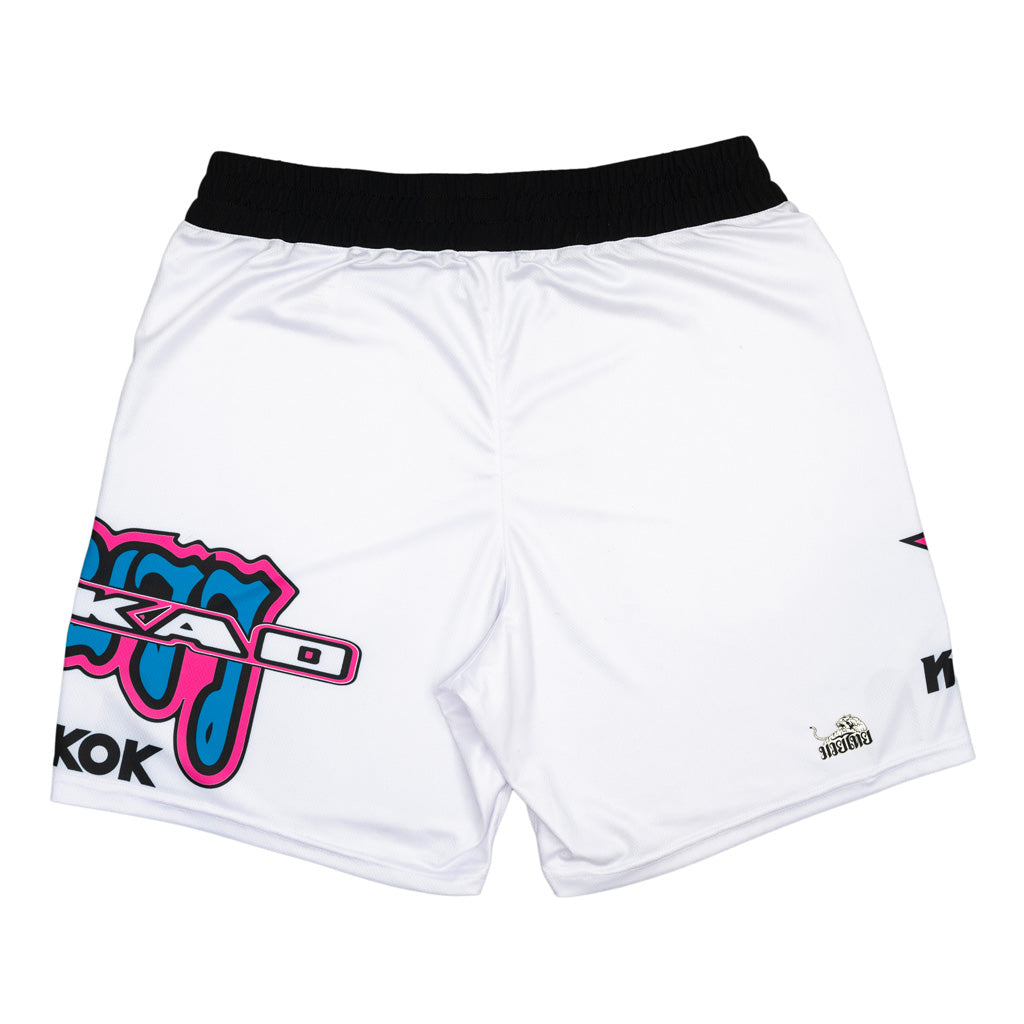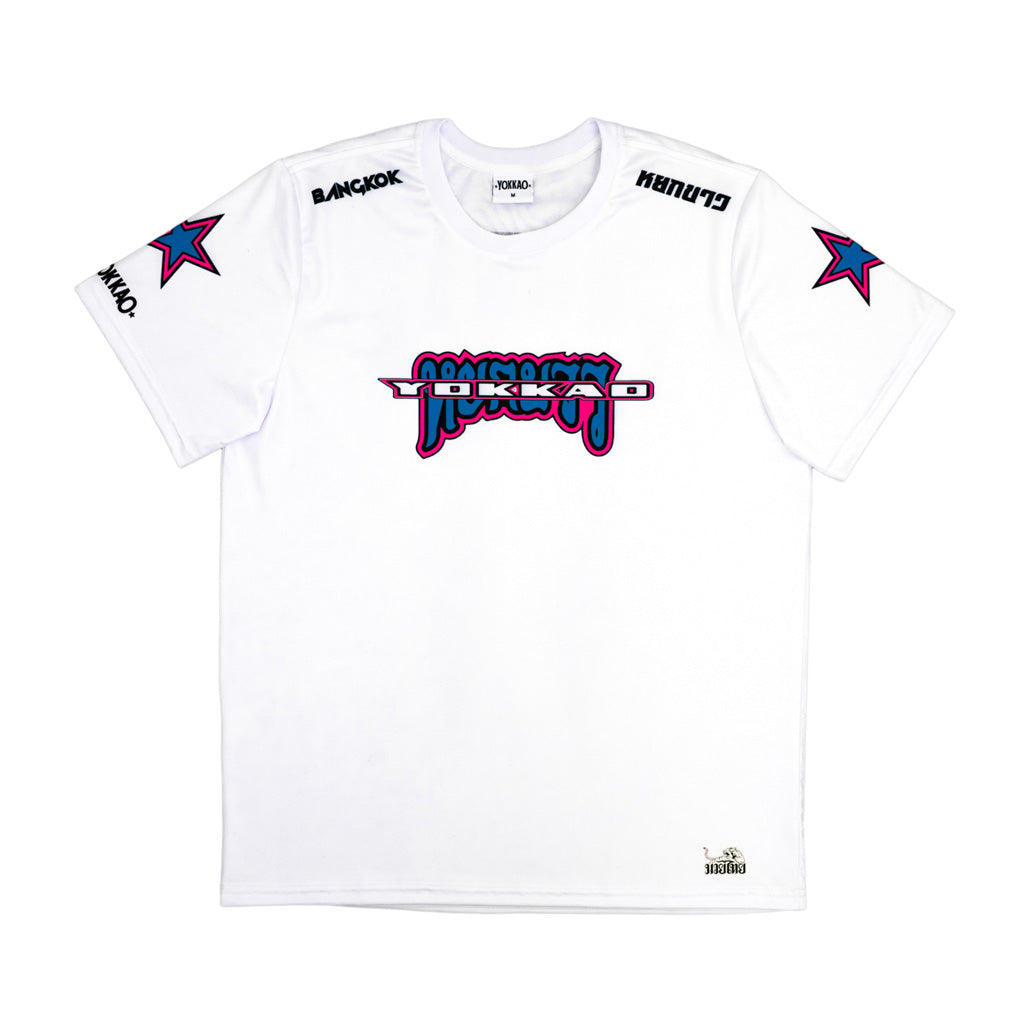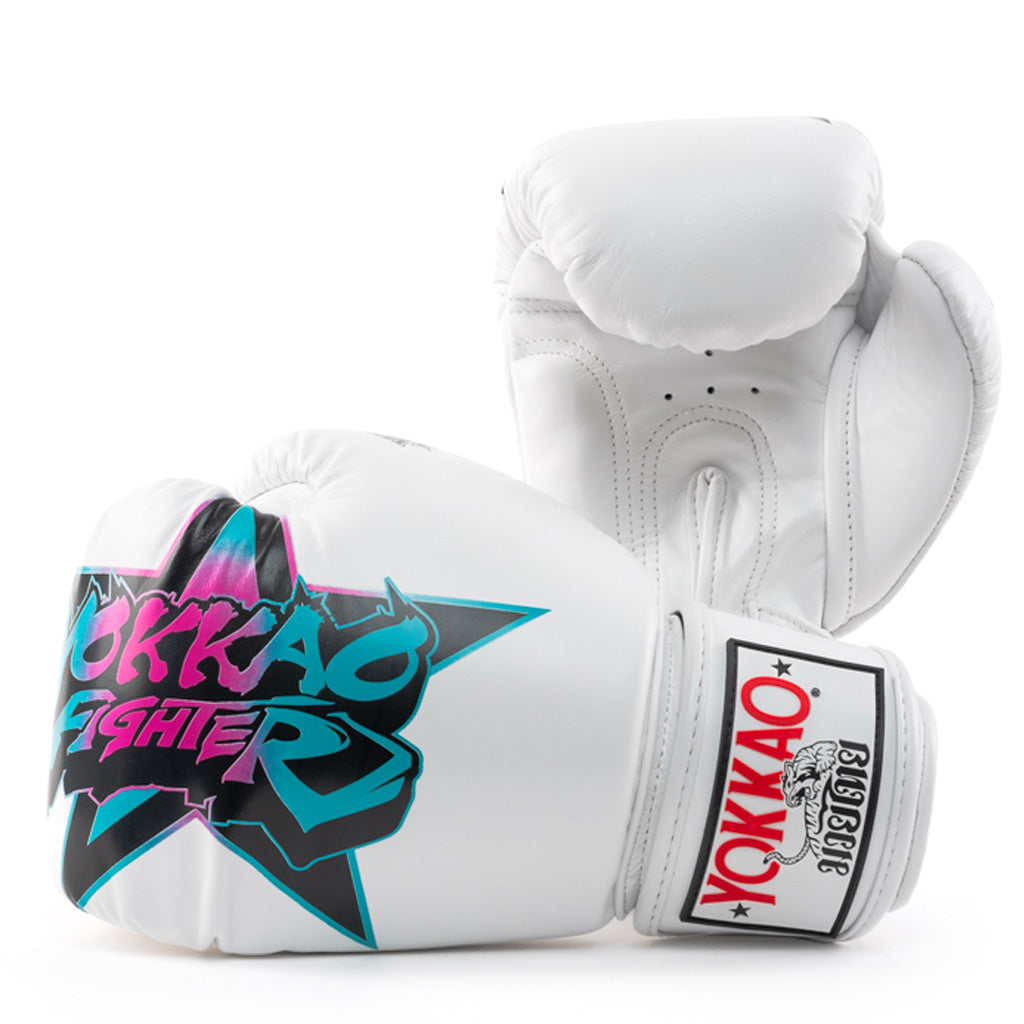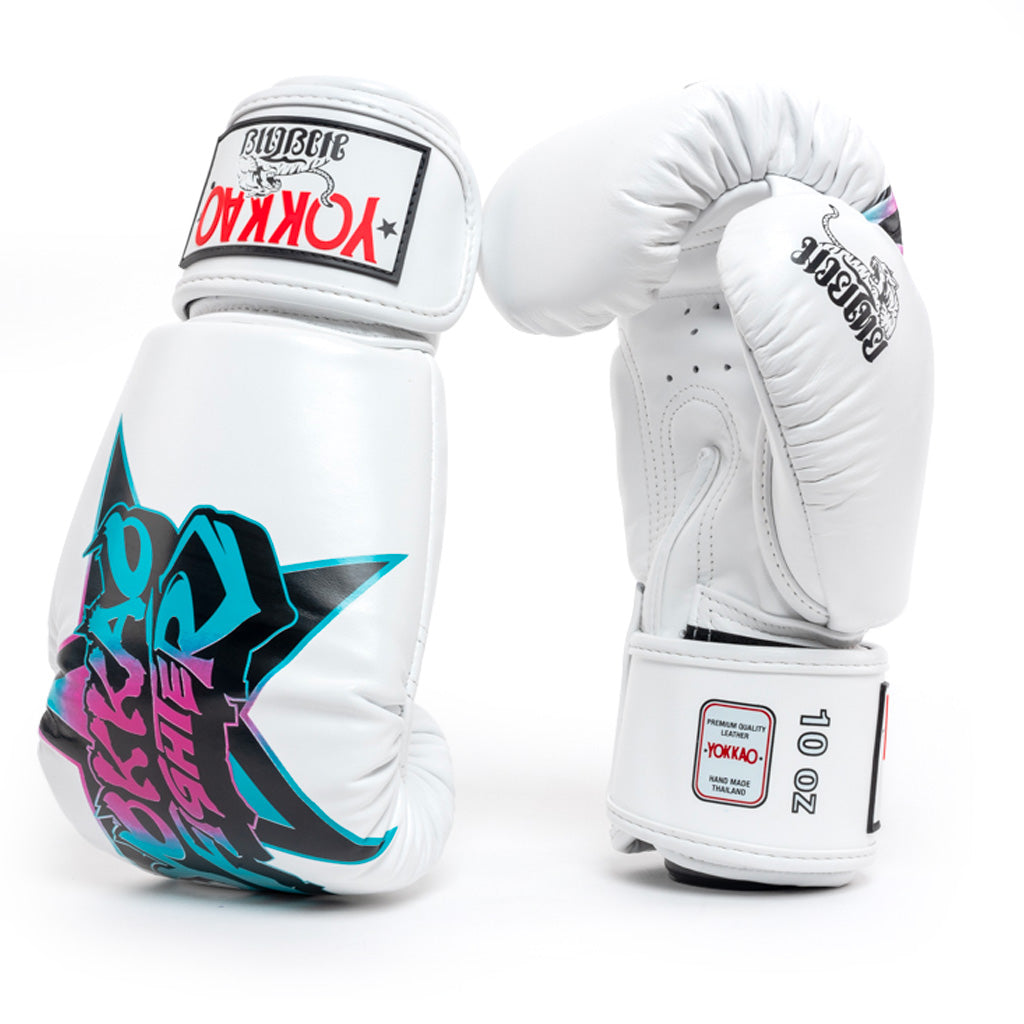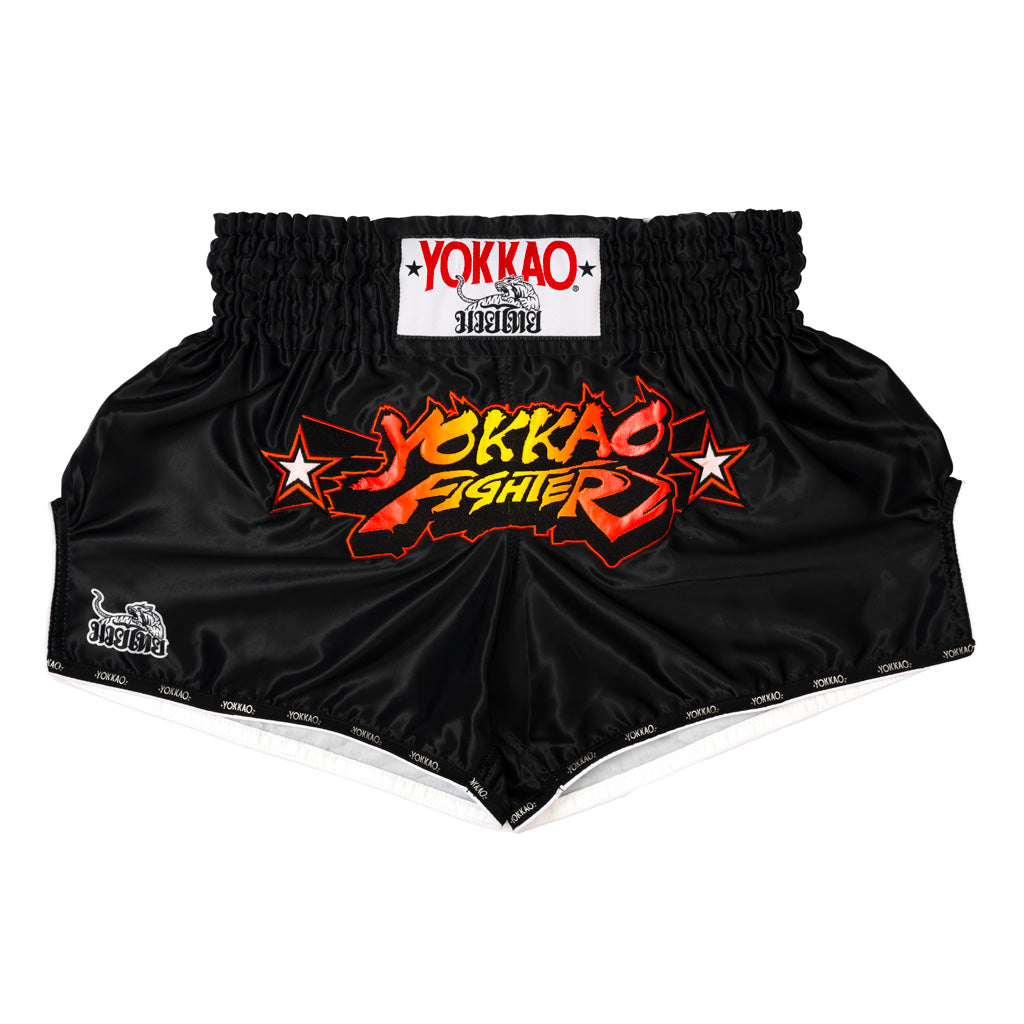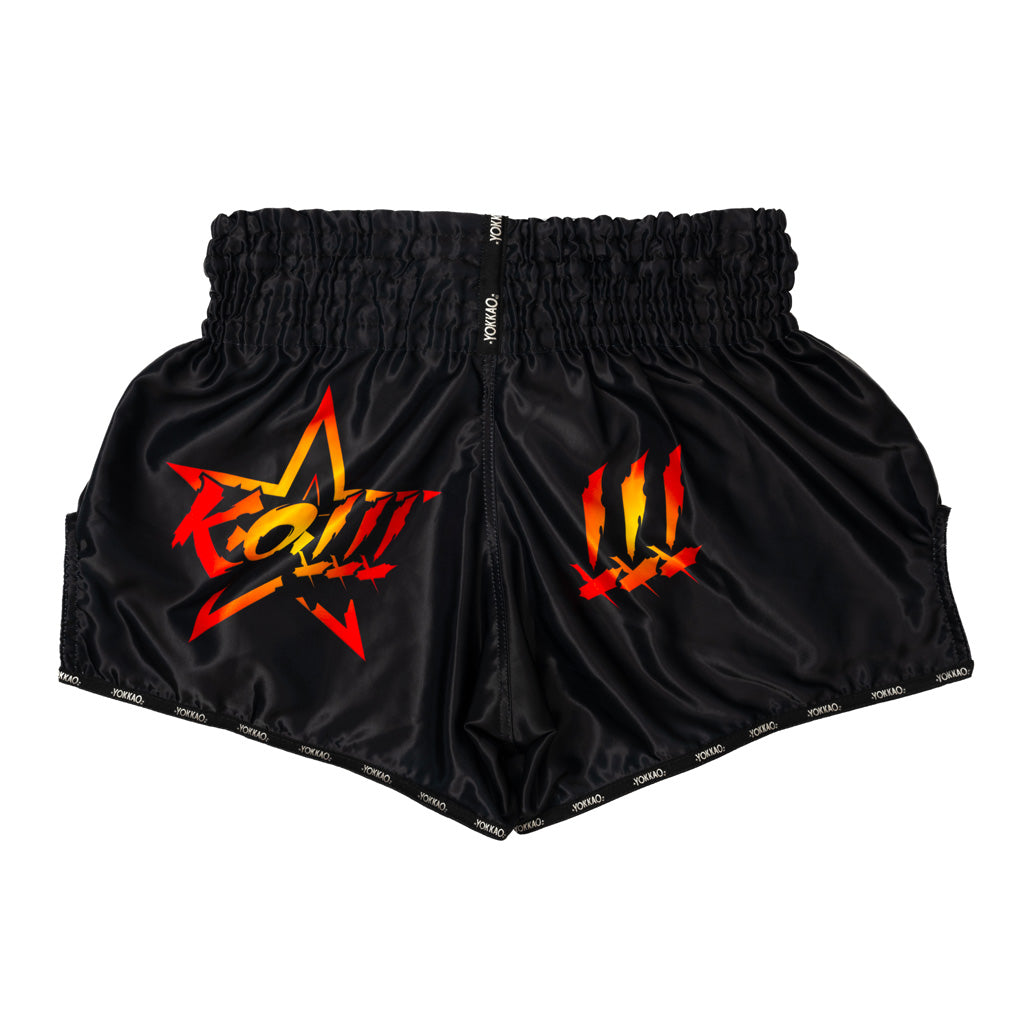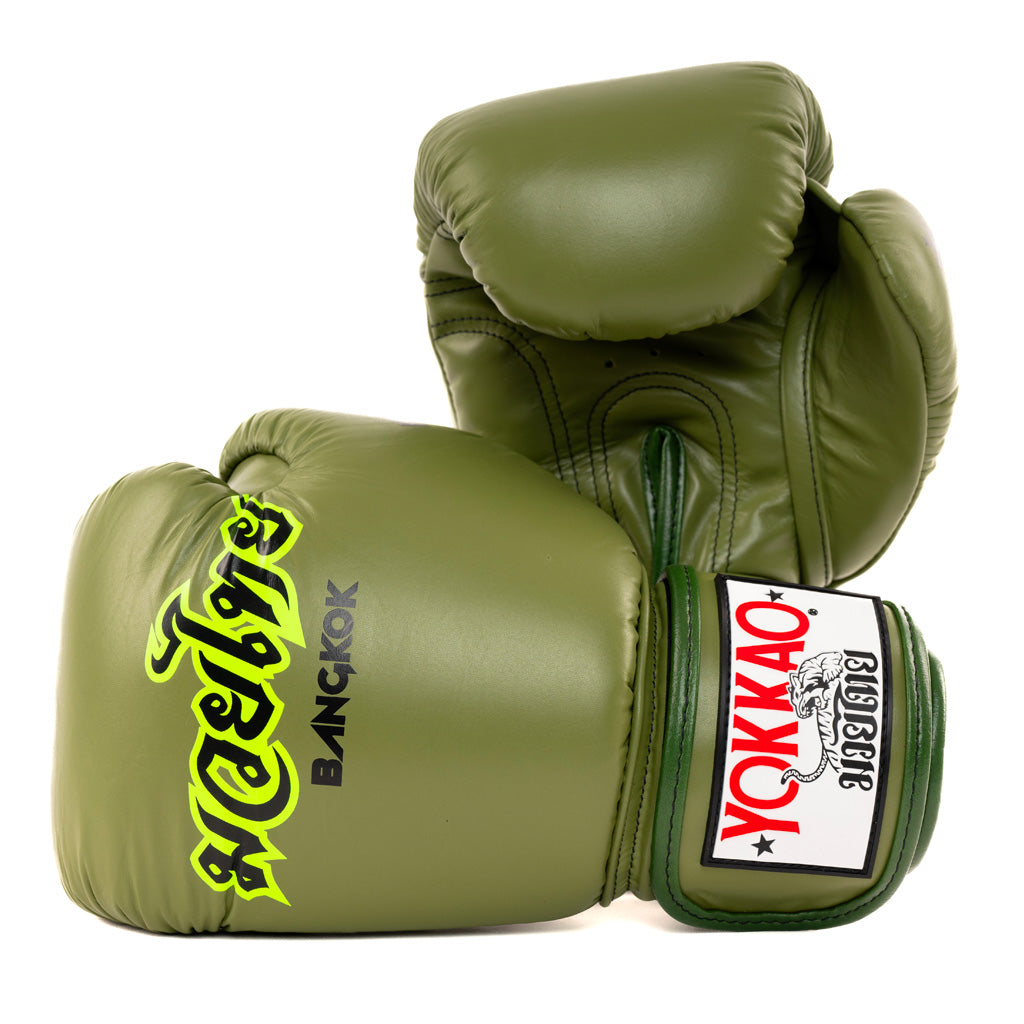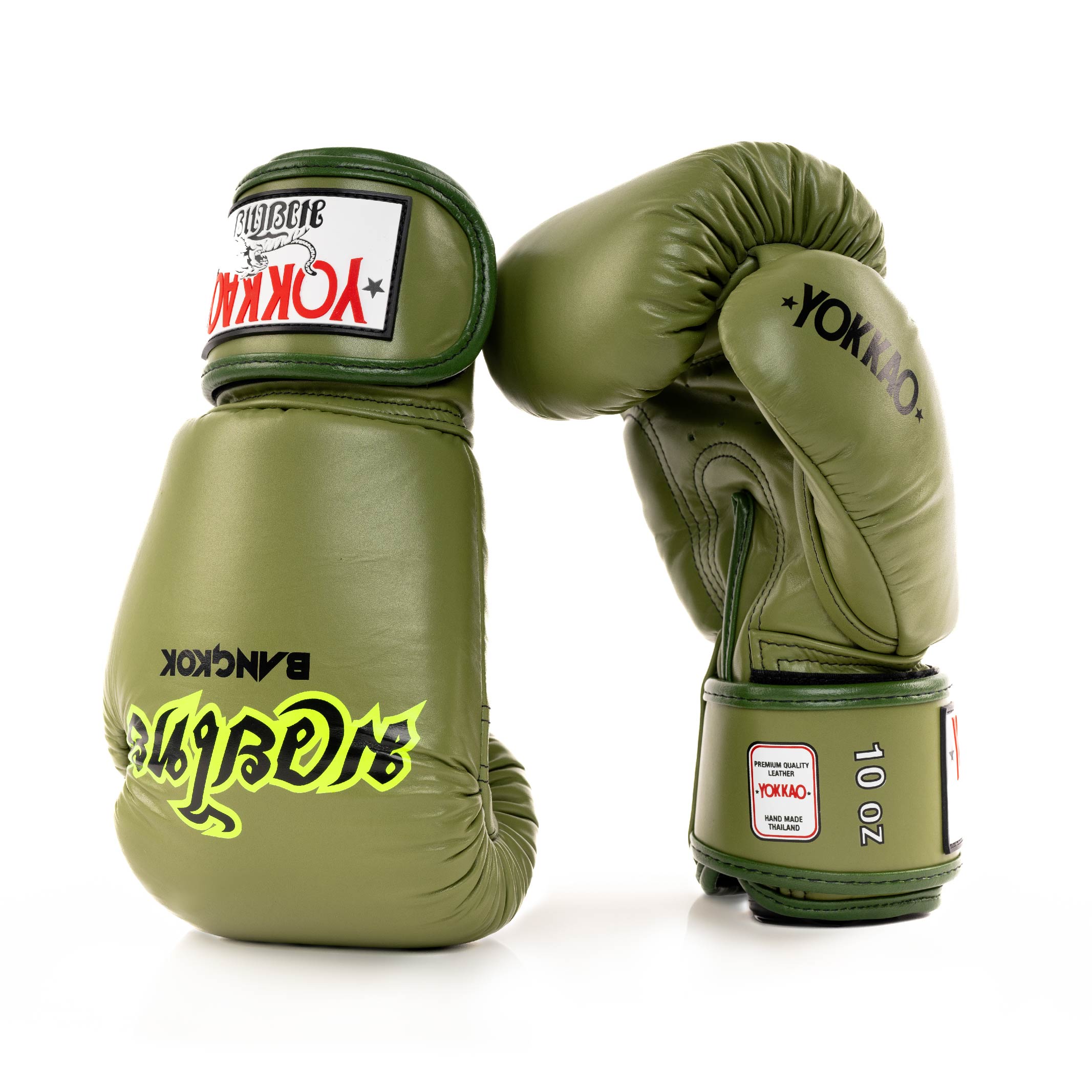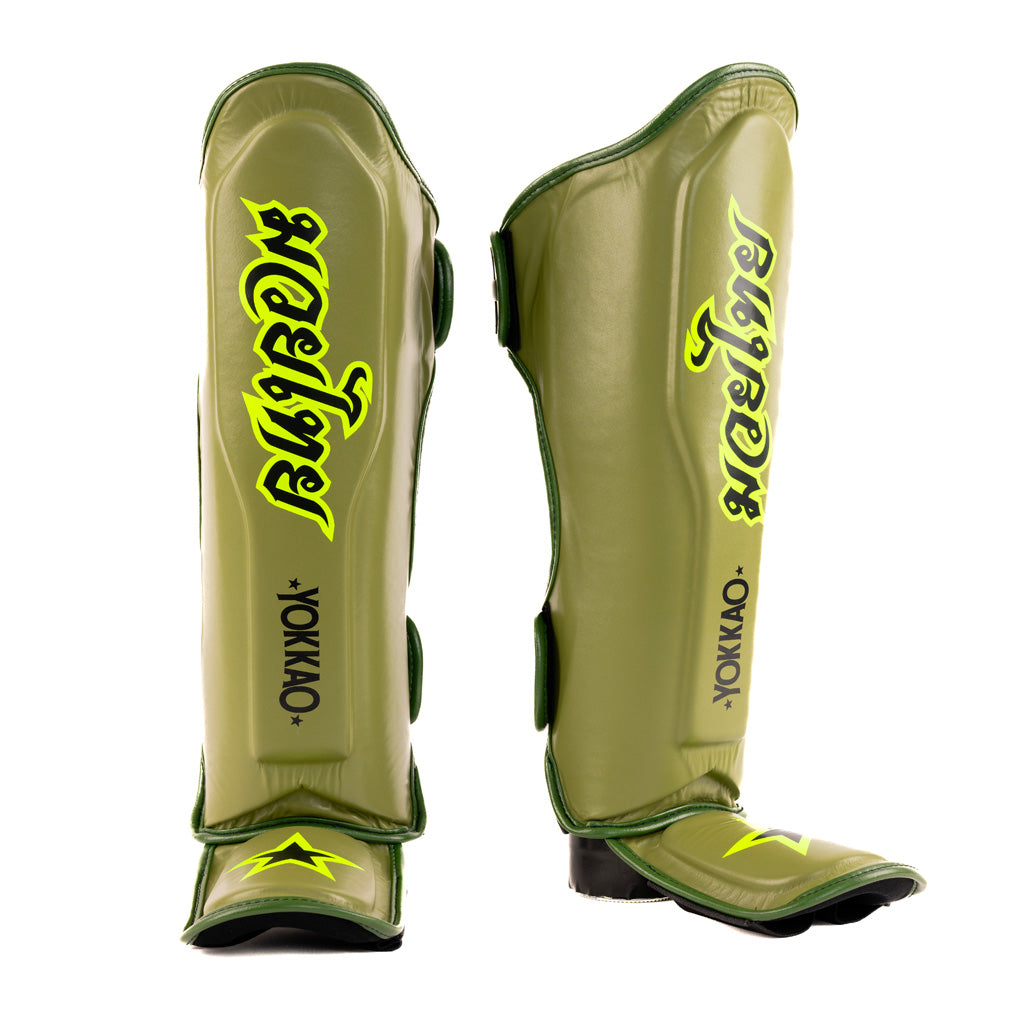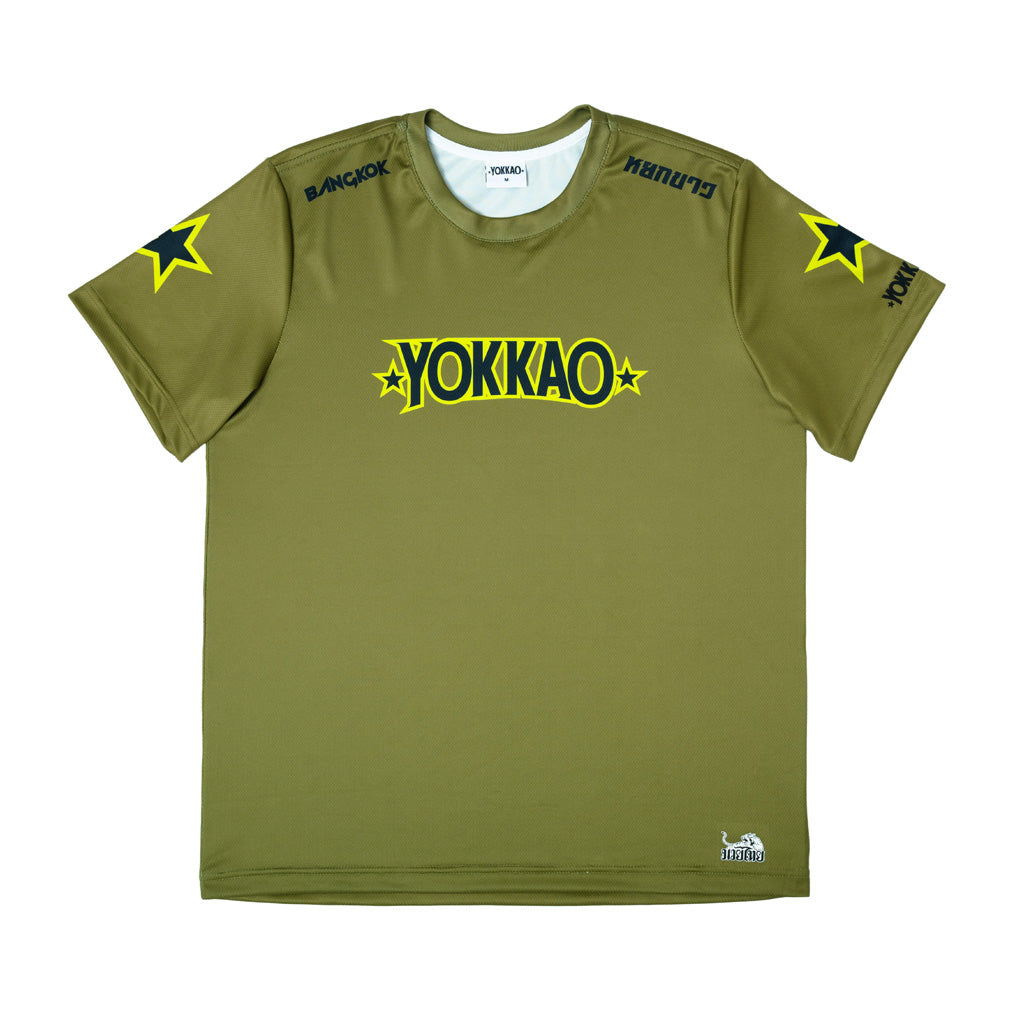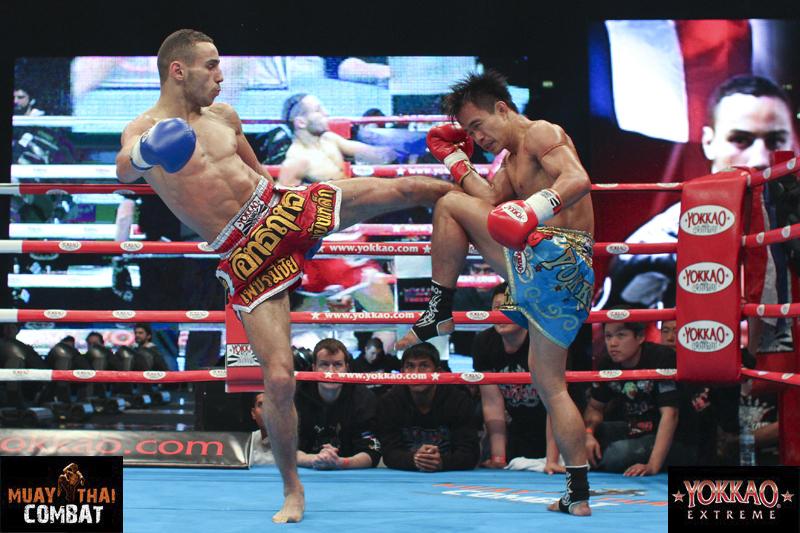Cutting weight is a critical part of fighting. It is a complex aspect related to successful pairing of fighters and has a direct influence on the outcome of a match.
Mention "weight-cut" and most people picture a fighter running in a vinyl sauna suit, all drenched in sweat. Most fighters tend to compete at a weight that is several pounds less than their walkaround weight. With a proper cut for the weigh-in, it is possible to gain a weight advantage after refueling. This is especially more common for events where weigh-ins are held a day before the actual bouts. In some competitions, weigh-ins are held the same day which minimizes the effect of such disparities.
Why cut weight for a fight instead of fighting at walkaround weight? The topic remains one that is still widely discussed but weight divisions allow for fights to be matched in a regulated manner. Most professional fighters compete within 10 pounds range of their normal weight. This is not as extreme compared to MMA where fighters can drop over 20 pounds during weigh-cuts. Camps in Thailand still operate in old school traditions with much to catch up in terms of modern sports science. Thai athletes need to fuel up with carb-heavy diets for the energy required in training. Daily weight monitoring may not be realistic because of the daily intense training.
There are two sides of the coin when it comes to cutting down to meet weight. On one hand, it might be possible to gain some slight advantage after weigh-in with a heavy meal. On the other hand, drastic cuts can affect energy levels and performance. Depending on the time between weigh-in and fighting, time for digestion also factors in. It is with experience and proper guidance that the best results can be achieved, maintaining strength and performance for the fight.
Cutting weight needs to be carried out under careful supervision from an experienced coach or trainer. This is especially crucial for beginners about to compete. The process essentially eliminates the pounds by losing water. It is worth highlighting that due to this water loss, weight-cut can lead to dehydration if not done properly. In severe cases of excessive weight-cutting, they can even be lethal. Such fatalities are typically rare, and occur as a result of a lack of supervision.
In Thai camps, cutting weight is a gradual process taking over 2-5 days leading up to the fight. This involves careful planning that usually includes cutting salt from diet, lowering carb and liquid intake, and running in sauna suits everyday before weigh-in. Once weigh-in is done, fighters need to adequately rehydrate with electrolytes and liquid, before refueling with food for energy. Lastly, it is important to not overeat to the point of bloatedness which can severely affect ring performance.
For all combat sports athletes, always remember to train hard, and cut weight safely with the guidance of an experienced trainer.










